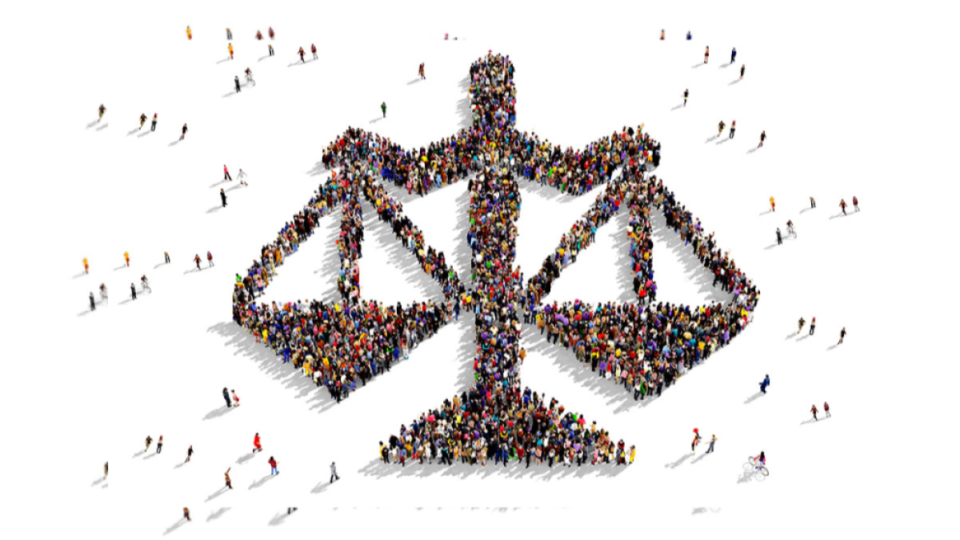Mental harassment is also called psychological harassment because it encompasses a range of harmful behaviors and actions that target an individual’s emotional and psychological well-being, causing distress, intimidation, and a hostile environment. The term “psychological harassment” highlights the focus on the impact on a person’s mental state, emphasizing the harmful nature of the behavior and the need for legal and societal recognition and protection against such forms of abuse.
In Pakistan, mental harassment is not specifically defined as a separate offense under the law. However, there are a number of laws that can be used to address instances of mental harassment or abuse. These laws include:
Pakistan Penal Code (PPC):
Under the PPC, certain offenses such as criminal intimidation (Section 506), defamation (Section 499), and intentional insult with intent to provoke breach of the peace (Section 504) can be applied in cases of mental harassment. These provisions can be used when someone threatens, insults, or defames another person with the intention of causing mental distress or harm. Section 509 of the Pakistan Penal Code, 1860 defines “insulting the modesty” of a woman as “uttering any word or making any gesture or act intended to insult the modesty of a woman.”
Protection Against Harassment of Women at Workplace Act 2010:
This law specifically addresses harassment at the workplace and provides protection to women against various forms of harassment, including psychological or emotional abuse. It defines harassment broadly to include any unwelcome verbal, non-verbal, or physical conduct that creates an intimidating, hostile, or offensive work environment. Both men and women can be victims of harassment under this law.
Domestic Violence (Prevention and Protection) Act 2021:
This law aims to protect victims of domestic violence, including psychological abuse. It recognizes various forms of abuse, including emotional, verbal, and psychological abuse, as offenses. The law provides for protective orders and the establishment of protection committees to address cases of domestic violence.
The punishments for mental harassment under these laws vary depending on the circumstances. Under the Protection Against Harassment of Women at the Workplace Act, 2010, the punishment for mental harassment can be up to three years in prison, a fine, or both. Under Section 509 of the Pakistan Penal Code, 1860, the punishment for insulting the modesty of a woman can be up to three years in prison, a fine, or both.
In addition to these laws, there are also a number of other laws that can be used to prosecute cases of mental harassment, such as the Prevention of Electronic Crimes Act, 2016.
If you are a victim of mental harassment in Pakistan, you can file a complaint with the police or with the relevant authority in your workplace. You can also seek legal advice from a lawyer.
Here are some of the steps you can take if you are a victim of mental harassment in Pakistan:
- Keep a record of the harassment: This includes keeping track of the dates, times, and locations of the harassment, as well as any witnesses who may have seen or heard the harassment.
- Report the harassment to your employer: If the harassment is happening at work, you should report it to your employer. They are required to have a policy in place to deal with workplace harassment, and they should investigate your complaint and take appropriate action.
- File a complaint with the police: If your employer does not take action, or if you are not comfortable reporting the harassment to your employer, you can file a complaint with the police.
- Seek legal advice: A lawyer can help you understand your legal rights and options, and they can represent you in court if you decide to take legal action.
It is important to remember that you are not alone, and there are people who can help you. It’s important to note that the legal system in Pakistan is complex, and the application and enforcement of laws can vary. If you or someone you know is facing mental harassment or abuse, it is advisable to consult with a lawyer who can provide specific guidance based on the circumstances and applicable laws.
Muhammad Usman Awan is a Blogger and Social Entrepreneur who founded first Anti Harassment Awareness Campaign “Stop Harassment Now”. The Purpose of this campaign is to empower and educate our Girls and Working Women against Harassment.




